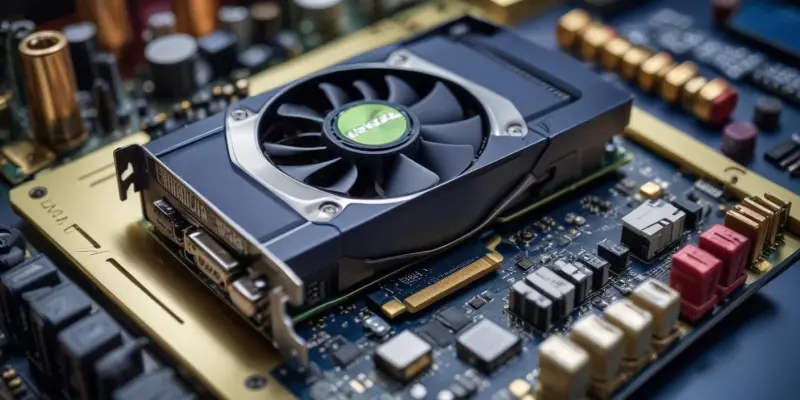Nvidia’s RTX 50 series of GPUs has been marred by performance and stability issues since its release. Despite the company’s efforts to enhance functionality through driver updates, user feedback indicates ongoing challenges. These struggles are notably significant given the minimal generation-to-generation performance gains and a slew of hardware complications. The introduction of updated drivers aimed to bolster performance, but the outcomes appear mixed, with persistent software instability contributing to widespread frustration among users.
Challenges with Performance and Stability
Nvidia’s RTX 50 series GPUs have been plagued by performance and stability issues since their launch. Despite the company’s continuous efforts to improve functionality through a series of driver updates, users report ongoing challenges that severely impact their experience. The performance gains from one generation to the next have been minimal, failing to impress many users. Additionally, various hardware complications compound these issues, making the problems more pronounced. Nvidia’s introduction of updated drivers aimed at boosting performance has yielded mixed results. While some improvements are noted, many users continue to experience persistent software instability, contributing to widespread frustration within the community. This situation is particularly disappointing to Nvidia fans, who expected the RTX 50 series to offer significant advancements over previous models. The combination of limited performance improvements and recurring technical problems has left many users questioning the value of upgrading to the RTX 50 series, emphasizing the need for more robust solutions from Nvidia.

